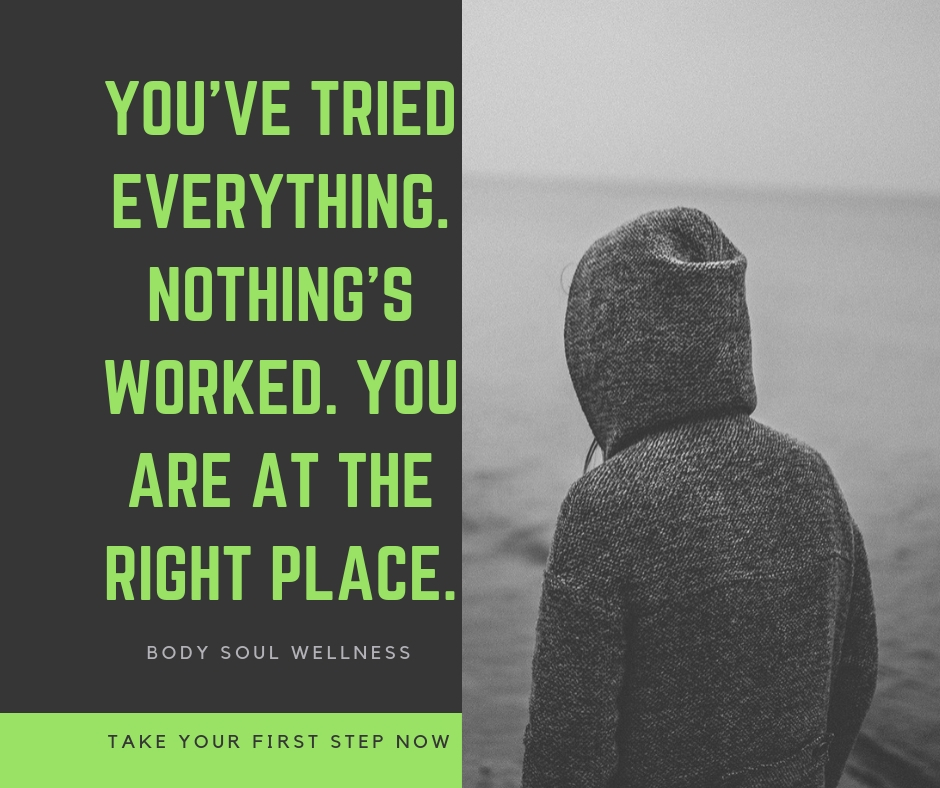Stress Kills: Is Yours Out Of Control?
Stress is arguably one of the most silent killers on the planet, largely because people don’t realize something is going wrong, or they refuse to act on it.
But why does stress contribute to so many aspects ill health, ultimately leading to death?
Because often it is untraceable. You may not even realize that you are suffering from stress overload.
Interested to know if your stress is rapidly becoming out of control? Look for the following tell-tale signs:
Unexplained Aches And Pains
A little pain here and there is normal, and should be nothing to get worried over; but it can spell a worrying trend when it occurs too often. And this is the case with being overly-stressed all the time.
Muscular pains most commonly occur around the back, neck or shoulder areas, and may be attributed to poor sleep patterns, although not always. Medication to treat the pain many only yield temporary relief, and should not be relied upon as a long term solution.
Frequent Colds And Infections
One thing associated with high stress levels is the negative effect on immunity. Cortisol suppresses the immune system and leaves the body wide open to infection. This is especially troublesome during flu season, and necessitates that extra precautions be taken (such as increasing anti-oxidant food consumption).
Poor Sleep Patterns
Insomnia is usually one of the first signs that you are over-stressed, as cortisol does not work by itself. In fact, it recruits the neurochemicals adrenalin and noradrenalin, which enhance awareness, and energy levels.
This is an important function in the morning when you need that “get up and go” boost, but not at night when you should be unwinding. Use of heavy stimulant based supplements (such as caffeine) too late in the evening can cause this to occur out of sync with your normal functionality.
High Blood Pressure
High blood pressure involves multiple pathways all experiencing dysfunction, with cortisol happy to oblige. High blood pressure in this case is precipitated by increased retention of water (which increases blood volume), faster heart rate, and blood vessel constriction. All these factors increase blood pressure, so care needs to be taken to manage cortisol and stress levels.
Loss Of Sex Drive
Both men and women require a normal level of testosterone to modulate sex drive, but this important hormone is suppressed when levels of the stress hormone cortisol are high. Cortisol and testosterone share a negatively inverse relationship, meaning that as one goes up, the other goes down. If this loss of sex drive occurs in a young person who previously enjoyed normal sex drive, it can be an indicator that the person is overly stressed.
Frequent Outbursts Or Mood Swings
It can be hard to maintain a level head when stress levels are high. High stress levels can cause someone to lash out for seemingly no reason. This is not normal behavior, especially if the individual was previously very level headed. If it does occur, it may be best to reduce the work load and make a concerted effort to lower the stress level by relaxing in nature or by spending more time with family and loved ones to connect to what is important in life.
Depression or Feelings of Inadequacy
Stress can seriously affect your emotional well-being, especially since it can tear apart relationships with loved ones. You are likely to be irritable, picking fights, or feel pressured to perform. This can lead to depression, anxiety, or feelings of disappointment. Depression is sometimes difficult to diagnose, especially in individuals who do not possess a strong support system.
Conclusion
If you find yourself experiencing one or more of the symptoms above with increasing frequency, it is time to take a step back from the burden you have placed on your shoulders. Sometimes a short vacation, weekend getaway, or just a simple trek in the great outdoors can do wonders for your wellbeing.
It would also be a good time to check in with your body and see if you are carrying old baggage with you that is negatively impacting your life. Old traumas, memories, and emotions can create physical symptoms in your body. We can explore those and rebalance your body so it can function more efficiently, throw off those old symptoms, and bring peace back into your life.

